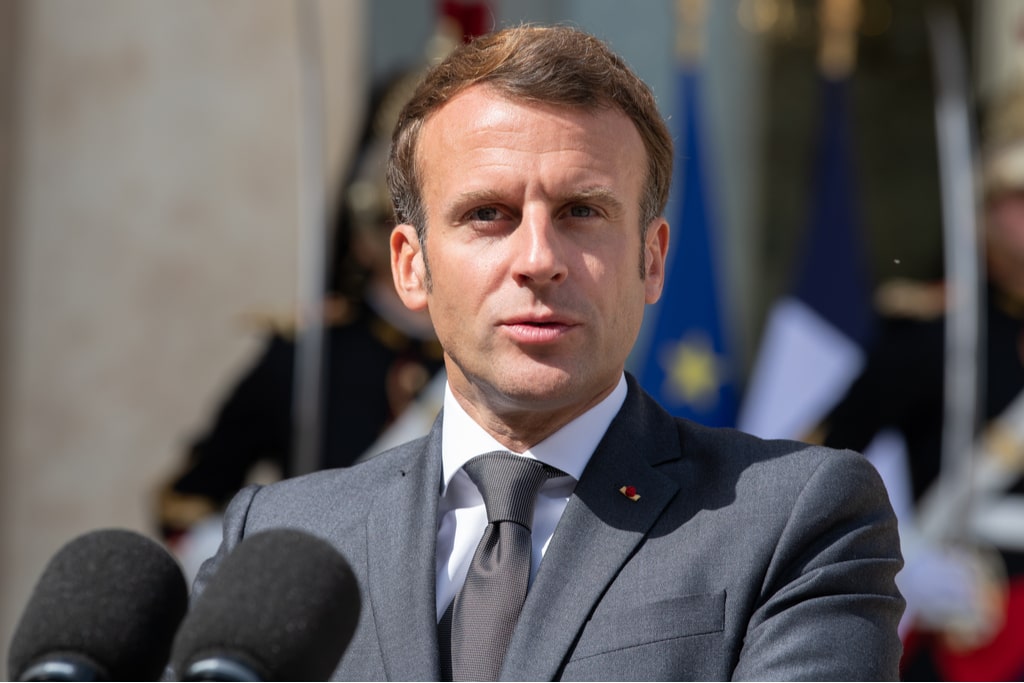
Emmanuel Macron commemorates Napoleon Bonaparte, but France does not celebrate
The French president Emmanuel Macron will attend today the tribute ceremony to Napoleon for the bicentenary of his death. Balanced and prudent participation due to the controversy surrounding the figure of the emperor: his predecessors have distanced themselves from the most cumbersome historical figure in the country, accused by the revisionism of the ‘cancel culture’ of being a putschist, a bloodthirsty dictator and to have restored slavery.
Macron in any case preferred not to ignore the anniversary, even if the Presidency assures that he will also address the controversial aspects. “To commemorate is not to celebrate“, stressed the Elysée to justify the president’s participation in the homage. Macron will first deliver a speech before the academics of the Institute of France and, subsequently, will lay a wreath on the tomb of the man who led France between 1799 and 1815. In this second act, he will be accompanied by Jean-Christophe Napoleon Bonaparte, an indirect descendant of the emperor.
One year after the presidential elections, Macron must carefully juggle those who exalt the figure of Napoleon and those who accuse him of crimes against humanity. His speech at the Institute of France, which brings together the various academies of the country, will be examined with a magnifying glass from both sides. The Elysée assured that in his speech, for which high school students were invited, the president will criticize Bonaparte’s “wrong” decision to restore slavery in 1802, eight years after it was abolished by the French Revolution. Jacques Chirac did not participate in the events of the bicentenary of the battle of Austerlitz, celebrated as the apotheosis of Napoleon’s military genius and Francois Hollande did not participate in those of Waterloo.
Related Posts
The past, the Elysée warned, cannot be judged with the eyes of the present and Napoleon is part of the history of France, which requires knowledge and commemoration of him. He words that do not seem to have placated anti-racist associations and more radical groups, which have called demonstrations in French overseas territories. Very involved in recognizing the errors of France in Algeria or Rwanda, Macron was attacked when he considered legitimate the choice to include Marshal Philippe Petain, head of the collaborationist regime of Vichy between 1940 and 1944, among the marshals celebrated in Paris in the occasion of the centenary of the end of the Great War.
Macron pointed out that at the time of the First World War Petain “was a great soldier”, even though he later “made some mistakes in the Second”. The president will try to keep the same balance with Napoleon, whose action helped to create the modern French state, the Civil Code, or the division of the Empire into departments.




